
Dear Educators, Partners, and Communities, In a world where the pace of change is accelerating, our shared commitment to innovation...
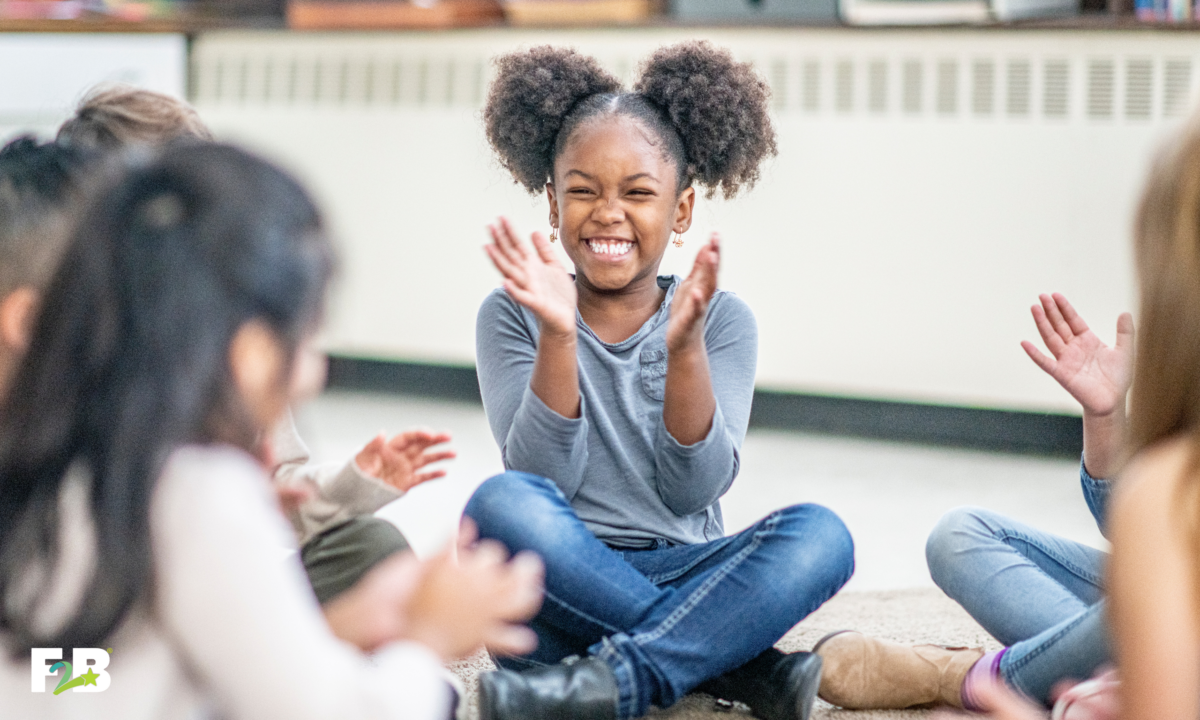
In a recent webinar conducted by Kathy Maximov, Chief Academic Officer of Footsteps2Brilliance, educators and administrators gathered to explore the...
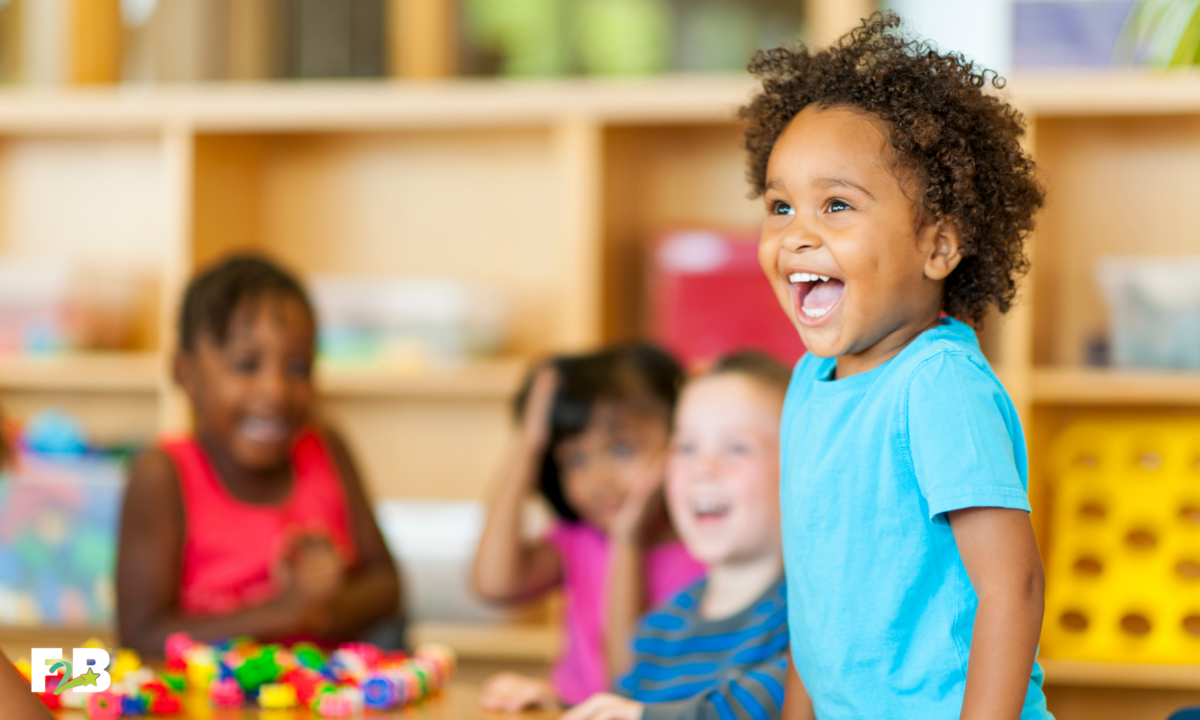
What should literacy instruction look like in a preschool classroom? As high-stakes testing puts more pressure on teachers and students,...

Dear Educators, Partners, and Communities, In a world where the pace of change is accelerating, our shared commitment to innovation...

In a recent webinar conducted by Kathy Maximov, Chief Academic Officer of Footsteps2Brilliance, educators and administrators gathered to explore the...

What should literacy instruction look like in a preschool classroom? As high-stakes testing puts more pressure on teachers and students,...
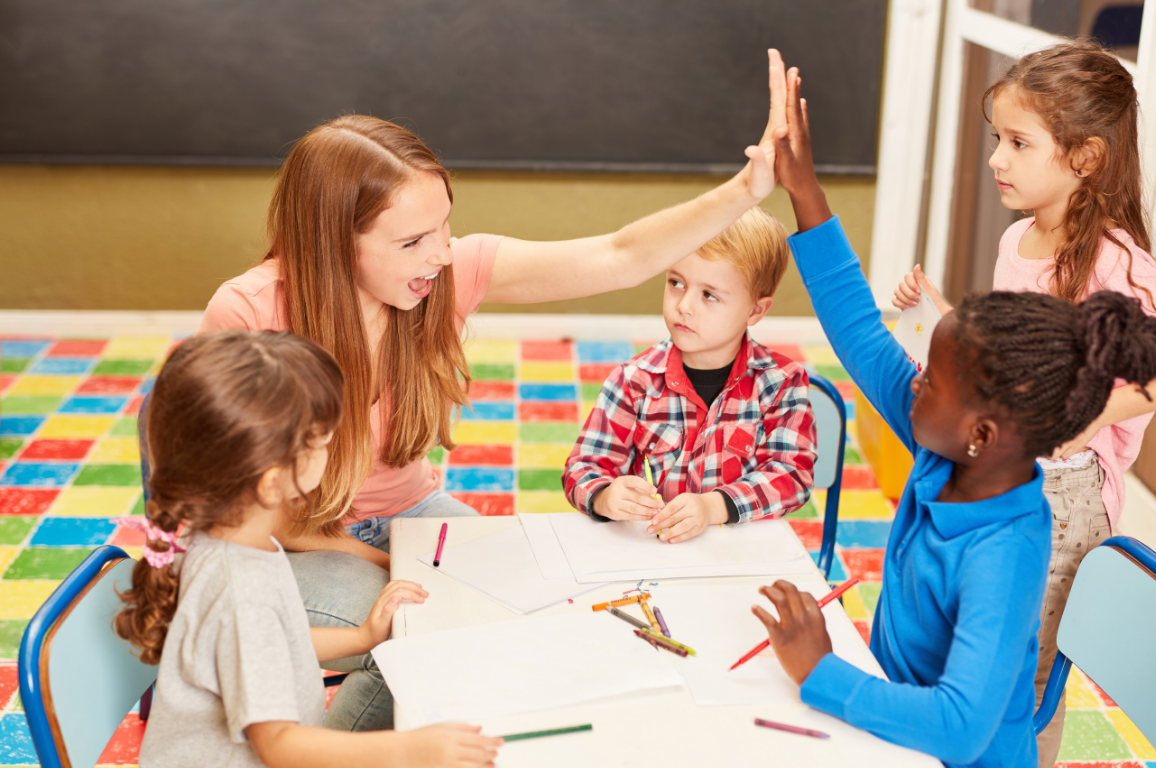
Children do not all start school with the same language and literacy skills. According to the Children’s Reading Foundation, 2...

There is a literacy gap that exists before children even start kindergarten, and it’s a serious problem for educators. A...

Games, especially video games, captivate kids like few other things can. But what if the motivation, engagement, and pure enjoyment...
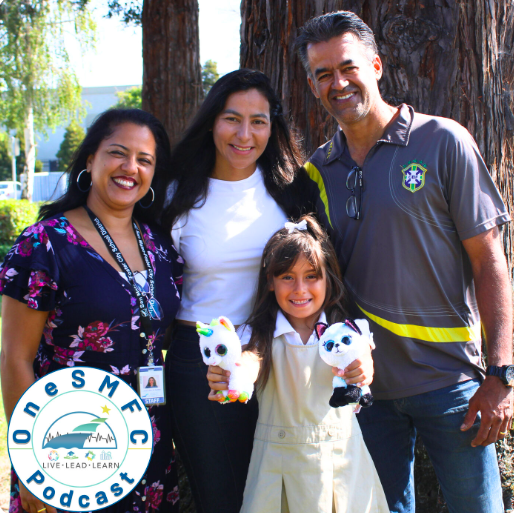
Meet Beatriz, a multilingual student in San Mateo-Foster City School District (SMFCSD). She and her family immigrated to California from...

Struggling with Illiteracy Stupid, fool, ignorant, dumb. These were a few of the insults I received in school after moving...

Each summer, students risk falling into the “summer slide.” The summer slide is a phenomenon where students can lose up...
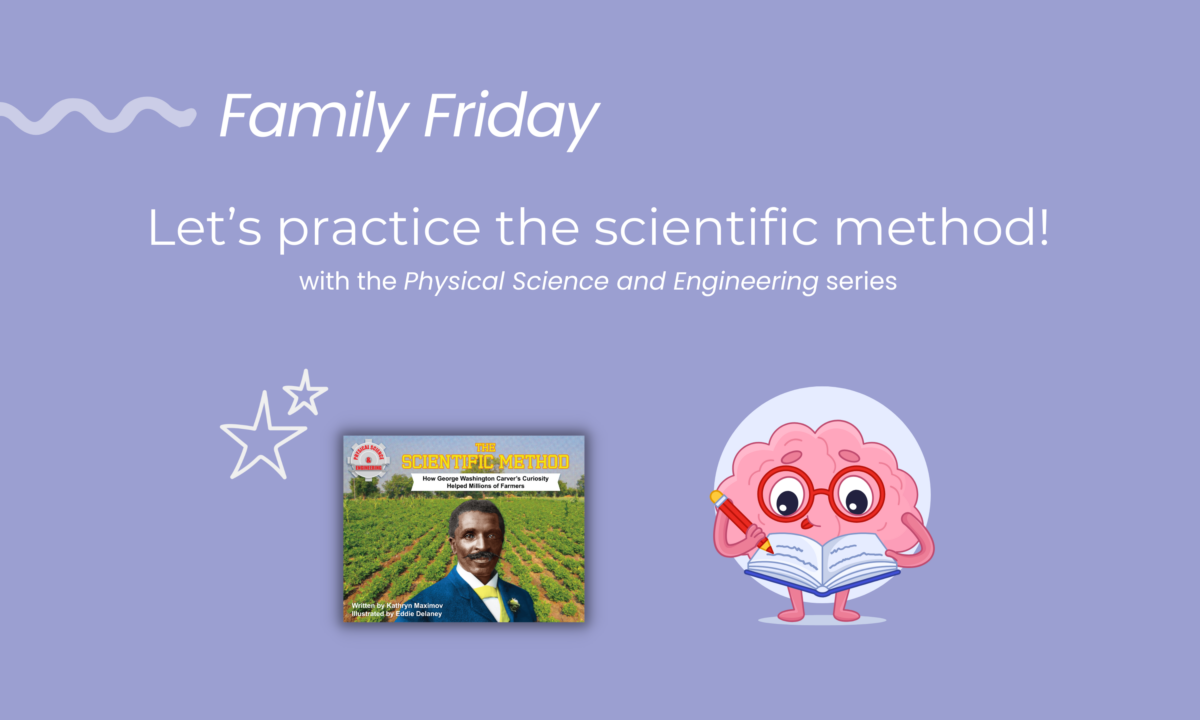
Let’s practice the scientific method! This week’s Family Friday will deepen your student’s understanding of the scientific method. Read our...
info@footsteps2brilliance.com
(202) 338-1223
Footsteps2Brilliance Inc.
3125 Cathedral Ave NW
Washington, DC 20008

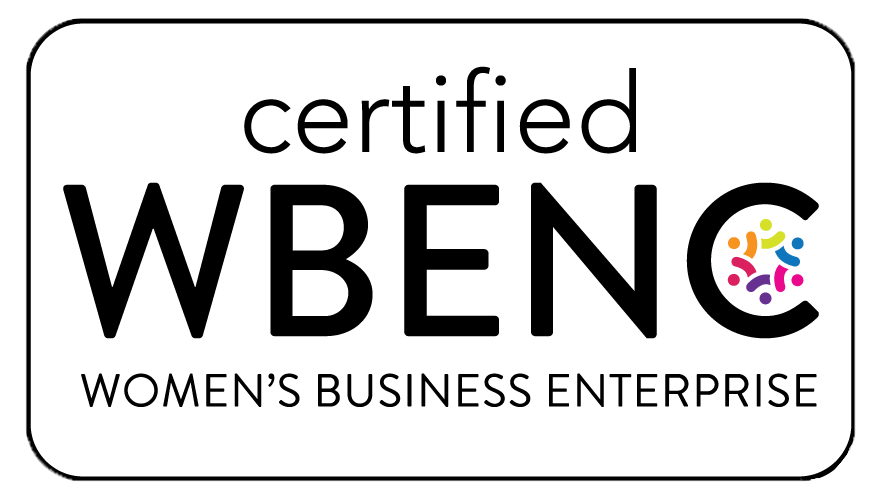
© 2025 Footsteps2Brilliance Inc. All Rights Reserved